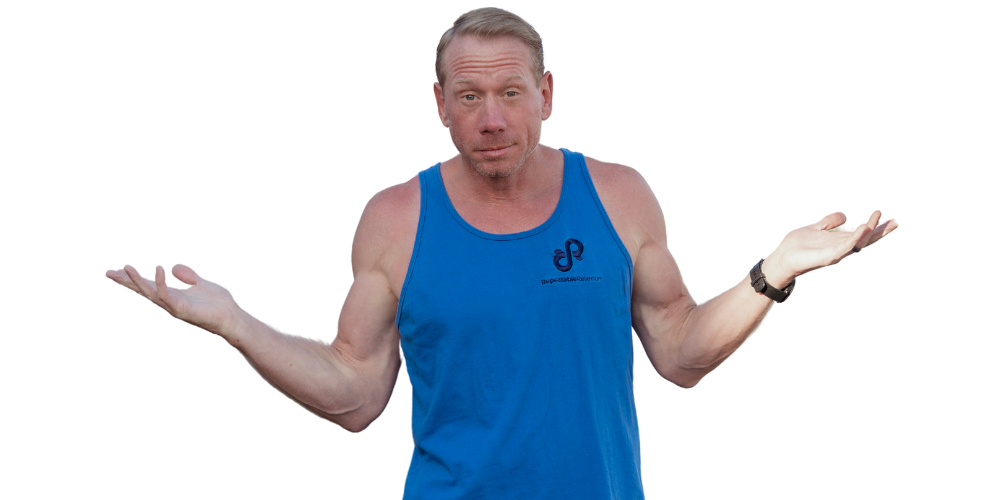404: lost, but not forgotten
Uh-oh, looks like you’ve wandered into the internet's version of the Bermuda Triangle. 🌀
Don't worry, though—you’re in good company (and clearly have excellent taste).
What Now? Choose your next adventure:
Join the Newsletter for fresh insights, tips, and strategies delivered straight to your inbox.
Visit the Homepage and explore all the magic we have to offer.
Contact Support—we’re real humans, ready to lend a hand.
The internet can be messy, but your next step doesn’t have to be.
Let’s get you where you need to go! 🚀


MAIN PAGES
services
Content
© 2024 Ray J Green. All rights reserved.